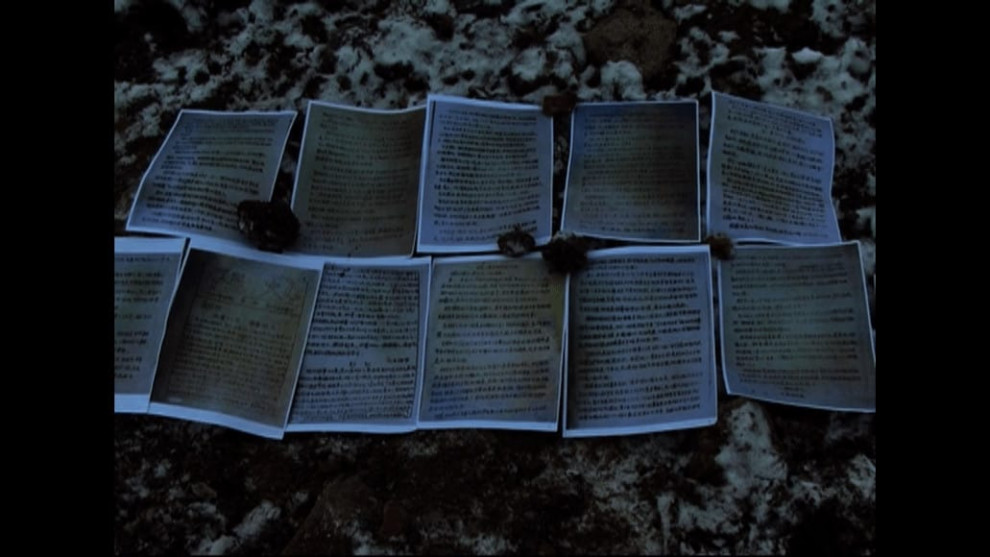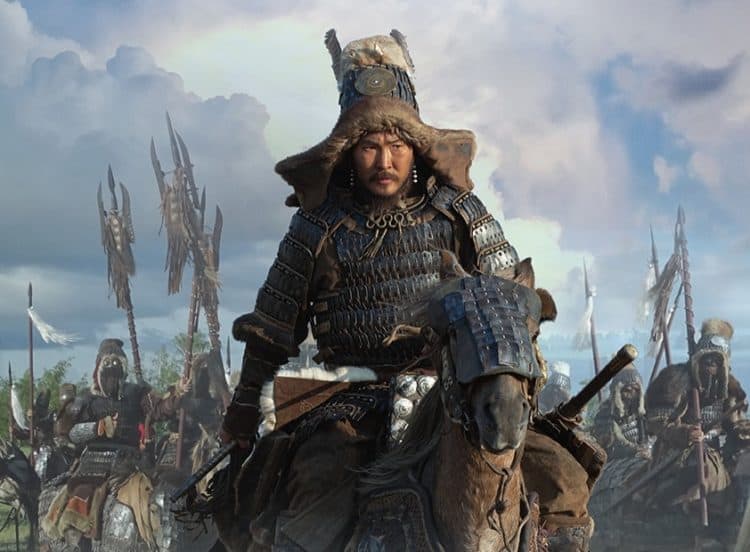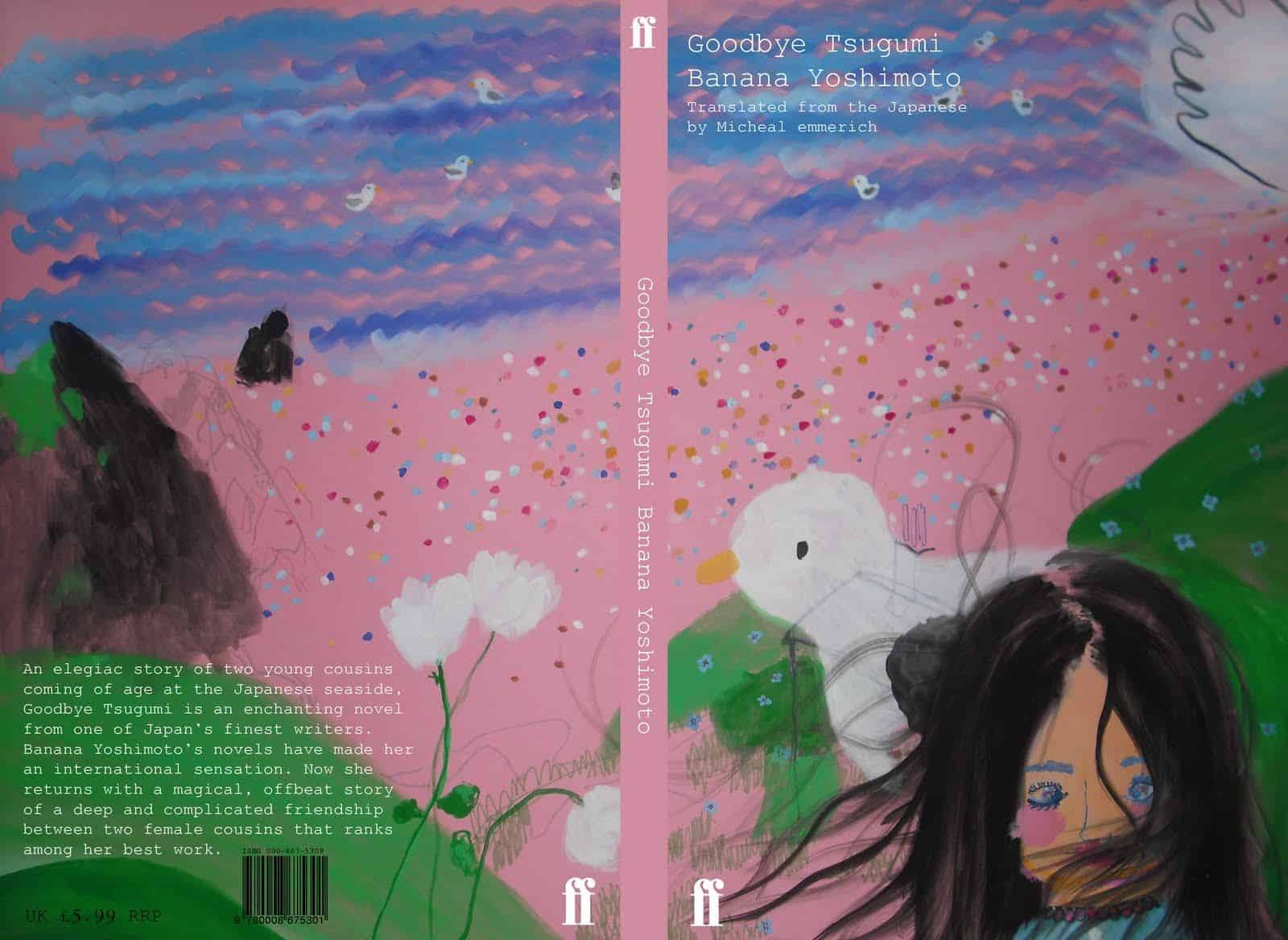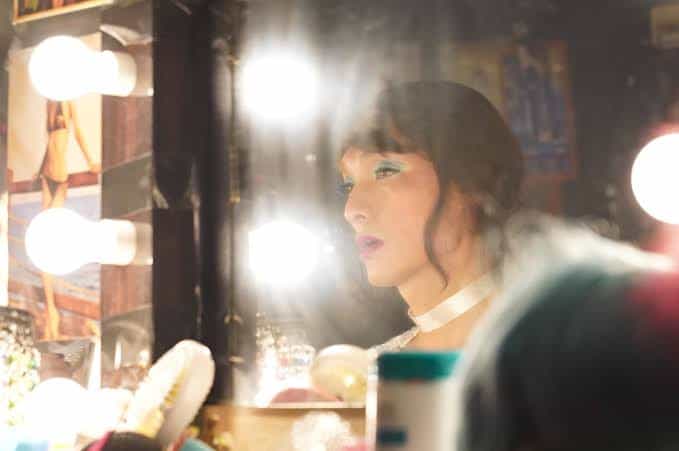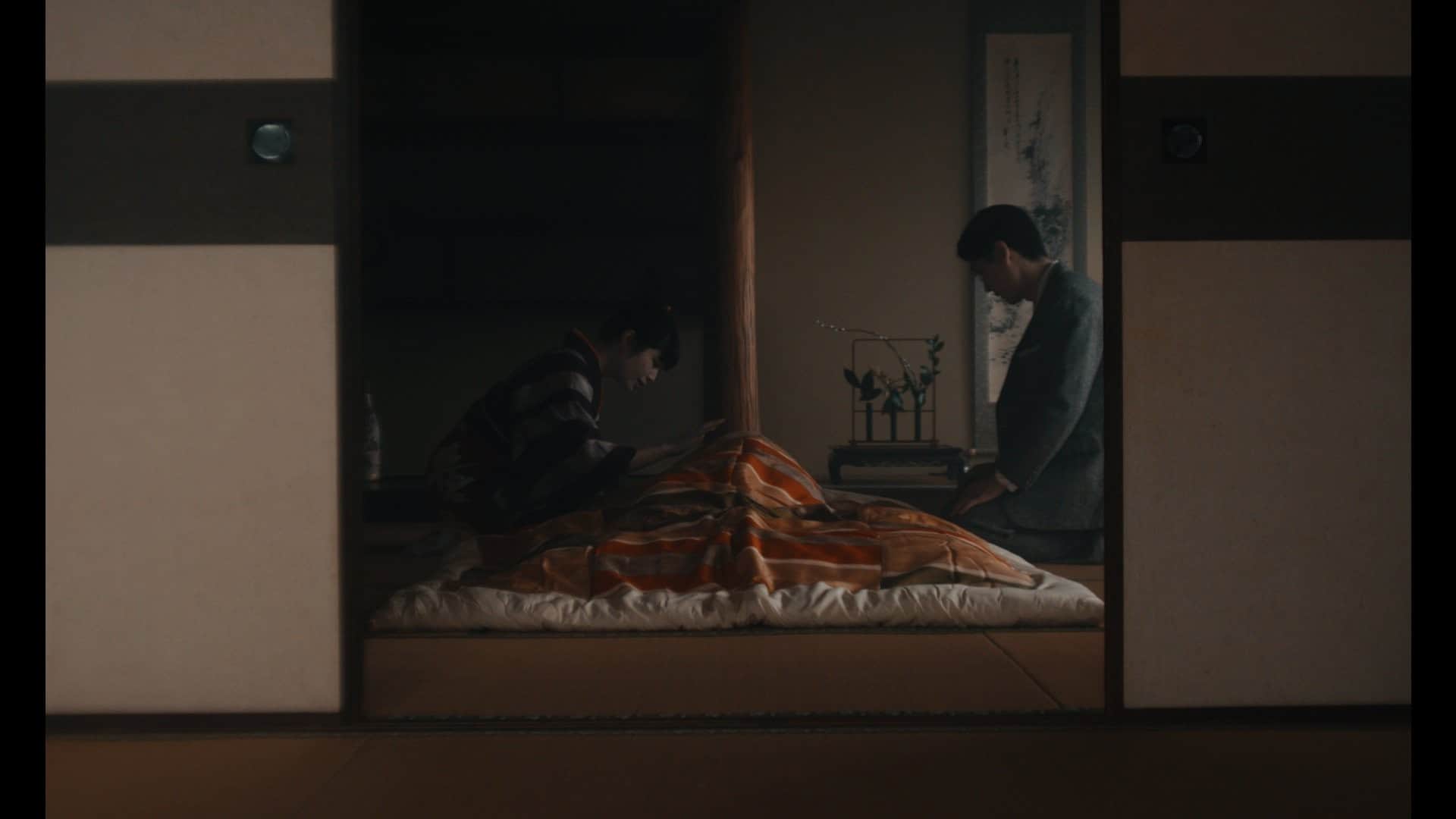“Why did you feel it's so urgent?”
“It's because the dead couldn't talk.”
When we think of the history of our home countries, we think of various sources and records telling present and future generations the facts about the past. In order to be able to progress a society, this is one of the basic believes when it comes to keeping those stories, files and tapes alive by making them available to the public. Since we have arrived in an age which has coined the phrase “fake news” to label those untrustworthy reporting the facts or which put an event or a statement in a historcial context as a warning, this awareness of the truth is perhaps more important than it has ever been.
“Spark” is available from Icarus Films
However, keeping track of the past is challenging in many ways. Especially if ideology and backwardness interfere with any effort to find out the truth, the task of the historian becomes not only important but dangerous as well. Chinese historian, artist and filmmaker Hu Jie knows this only too well, for the research for his documentaries on the history of his home country has proven to be quite difficult, to put it mildly. In an interview with The New York Review of Books he states how finding any records about the great famine of 1959 as a result of the Great Leap Forward was next to impossible. Eventually, he settled for the various accounts of farmers from Gansu province along with those writers and activists who published “Spark”, an underground magazine focusing on giving a true account of the events during the great famine.

As a result, his documentary “Spark”, which won the top prize at Taiwan Independent Documentary Festival in 2014 (in an unfinished cut), consists almost exclusively of various interviews Hu Jie has conducted. In order to emphasize the account of each interviewee, he presents copies of the only two issues the writers of Spark were able to publish before finally being arrested by Chinese authorities. People, such as Gu Yan, the founder of the magazine, or Tan Changyue, one of its contributors, talks about the founding of the magazine as well as the various articles and their impact. Through Hu Jie's editing, these stories are supported by various statements from farmers of Gansu province presenting their view on what the authorities wanted to cover up, from the death toll and the number of executions to the daily exploitation and violence.
What Hu Jie has achieved with his film is the construction of a kaleidoscopic landscape of stories. Much like the documentaries by Claude Lanzmann (“Shoah”) – an influence Hu Jie mentions in the aforementioned interview – the various stories have a profound impact on the viewer, similar to the reports by the brave writers of Spark. The eye of the camera is neither sensationalist nor does it enhance the words of the people, since the content of what they have to say speaks for itself. Fittingly, Hu Jie uses the repeated shot of pages from the magazine laid on soil in order to emphasize who is behind the numbers and the deaths mentioned in the articles.

Ultimately, “Spark” is a film about the search for the truth and the bravery of people who feel it is their task to find out about it, and also tell those around them. Of course, what you take away from the two hours of running time is up to you, but keeping in mind the lesson we can learn from history themes such as the distortion of truth and thought control will undoubtedly echo within any interested viewer.
Sources:
Johnson, Ian (2014) China's Invisible History: An Interview with Filmmaker and Artist Hu Jie https://www.nybooks.com/daily/2015/05/27/chinas-invisible-history-hu-jie/ , last accessed on: 05/12/2019
http://icarusfilms.com/other/filmmaker/hujie.html , last accessed on: 05/12/2019


